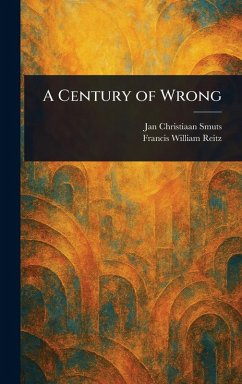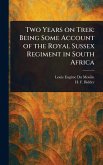"A Century of Wrong" delves into the complex history of South Africa, exploring the roots of the Anglo-Boer War and the fraught relationship between the British Empire and the Afrikaner population. Authored by F. W. Reitz, this historical account provides insight into the political and social landscape that shaped the conflict. This meticulously prepared print republication examines the colonial history of South Africa, offering a detailed perspective on the events leading to war. Reitz's work provides valuable insights into the perspectives of the Afrikaners and their struggle against British rule. Readers interested in colonial history, the Boer War, and the broader history of South Africa will find this book to be an essential resource. It sheds light on the long-standing tensions and political machinations that fueled a devastating civil war, contributing to a deeper understanding of South Africa's enduring legacy. This work has been selected by scholars as being culturally important, and is part of the knowledge base of civilization as we know it. This work is in the public domain in the United States of America, and possibly other nations. Within the United States, you may freely copy and distribute this work, as no entity (individual or corporate) has a copyright on the body of the work. Scholars believe, and we concur, that this work is important enough to be preserved, reproduced, and made generally available to the public. We appreciate your support of the preservation process, and thank you for being an important part of keeping this knowledge alive and relevant.
Bitte wählen Sie Ihr Anliegen aus.
Rechnungen
Retourenschein anfordern
Bestellstatus
Storno









